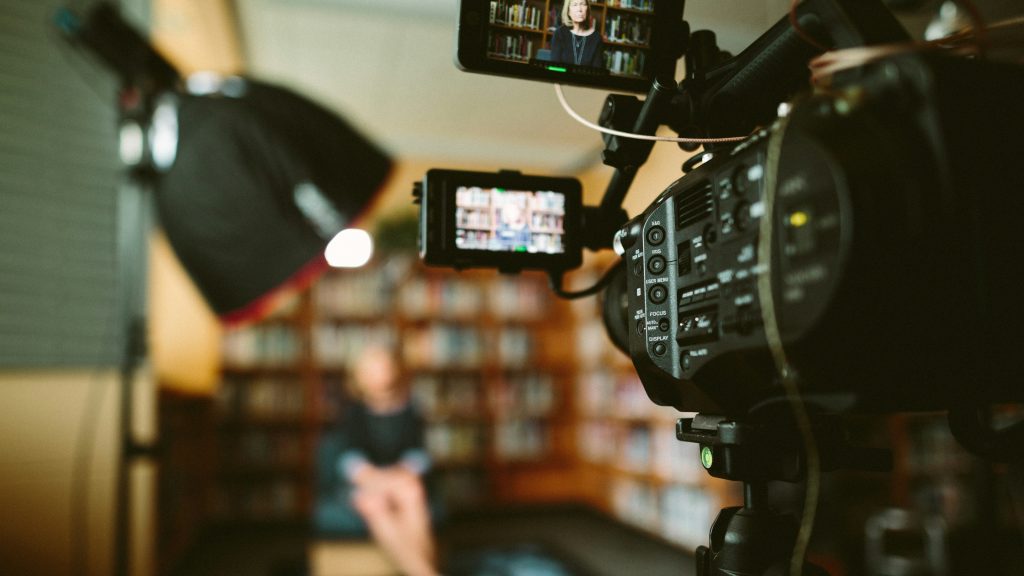On the eve of International Day of Persons with Disabilities, I reached out to Fatima D’Souza, Alka Baghdadi, Rekha Balgi. They were people associated with APAAR who had spoken with me about their experiences in mid-May 2020. The pandemic had forced a major change in their routines, which was bound to cause havoc in their everyday life. How are they doing now nearly seven months later?
Ephilia
Fatima said that Ephilia is back to her pre-Covid routine. This includes viewing people and the running trains from her sixth-floor window. There are more people moving around, including children biking in the neighbourhood. She is happy to meet familiar people, especially when they come for deliveries or pick-up. The amount of interaction with people is still less as compared to pre-Covid times. But she has adapted well to this new context. Moreover, she’s developed a strong bond with Chryslynn, her brother’s fiancé, with whom she spent her birthday in late November.
Sahil
Alka described Sahil’s routine for the day. He is not very active during the daytime but looks forward to his evening walks with his father. He has been painting sceneries using a new technique he developed and has surprised his family with their beauty. He has not resumed his sheltered workshop activity yet.
Sahil has been diligent in wearing his mask “without fail” and using sanitizer as he understands the Covid situation. Alka shared his beautiful artwork with me as well (in images here).

Rekha and Girish
Rekha has found the lockdown experience empowering. She engaged in a lot of online interviews and sessions related to her work. Girish’s music lessons have resumed online, and he has a packed schedule now. He misses grocery shopping in person but likes to be involved in online shopping. Rekha believes that a positive attitude has helped them. But she also realises that their experience may not be the same as others in similar situations. She feels fortunate about their experience. Rekha mentioned that she would be felicitated for empowering people with disabilities by the Down Syndrome Foundation of India in the Sibling category on December 3, 2020.
Luv
Luv has returned to his work at the NGO, APAAR (Altering Perceptions of Autism and Assisting in Rehabilitation) in Jalandhar since mid-October, where their routines are altered. They have abbreviated work hours since July 27, 2020. Luv joined later in October as he does not wear a mask due to his insistence on status quo for most of his surroundings, and more precautions are needed.
They no longer have lunch together as a team as they leave at noon time and their monthly outings are limited to long drives in the countryside with no picnicking or interaction with crowds. The return to their earlier structured settings with the necessary precautions has been a positive experience for both the clients and their families. The autistic and their parents suffered significant distress and suffering. Haphazard sleep and agitation during the night as well as weight gain were seen in the months spent home.
In conclusion
Overall, our respondents seem to have adapted to the new normal in the pandemic despite the enormous challenges experienced by both the caregivers and people with disabilities in this context. The United Nation’s Secretary General Antonio Guterres has called for greater inclusion of people with disabilities in Covid response and recovery. “..the pandemic has made evident that there is still a long way to go in fully understanding the human rights model of disability enshrined in the convention, and therefore in fully implementing its provisions,” Mr Guterres said.
Note: I want to thank Fatima and Ephilia D’Souza, Alka and Sahil Baghdadi, Rekha and Girish Balgi, Navneet and Luv Bhullar, and their families as well as the staff at APAAR for allowing me to share their stories of resilience in these unprecedented times.


